What are Rodents?
Rodents are a diverse group of mammals belonging to the order Rodentia, characterized by a pair of continuously growing incisors in the upper and lower jaws. These incisors must be constantly gnawed and worn down because they grow throughout the rodent’s life. Rodents make up the largest order of mammals, with over 2,200 species.
Key characteristics of rodents include:
Incisors:
The most distinctive feature of rodents is their pair of large, sharp incisors in the front of their mouths. These incisors grow continuously and are adapted for gnawing and cutting various materials.
Herbivorous Diet:
While some rodents are omnivores, the majority are herbivores, feeding on a variety of plant materials such as seeds, nuts, fruits, and vegetation.
Adaptability:
Rodents are highly adaptable and can be found in diverse habitats, ranging from forests and grasslands to urban environments. They can live in burrows, nests, trees, or human-made structures.
Reproductive Rate:
Rodents are known for their high reproductive rates. Many species have short gestation periods and can produce multiple litters of offspring each year.
Nocturnal Behavior:
While some rodents are diurnal (active during the day), many are nocturnal (active during the night), which helps them avoid predators.
What Kinds of Rodents Are There?
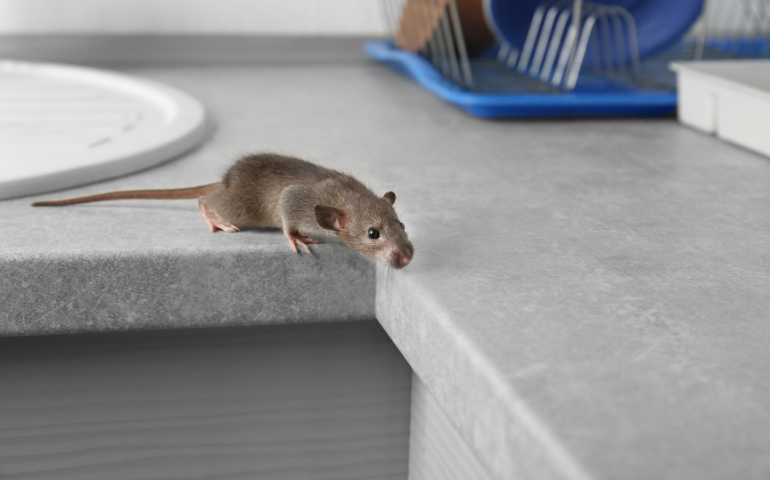
Small and agile, the house mouse is a common pest known for its ability to squeeze through tight spaces. Typically gray or light brown, it’s found in both urban and rural settings, often nesting close to food sources.
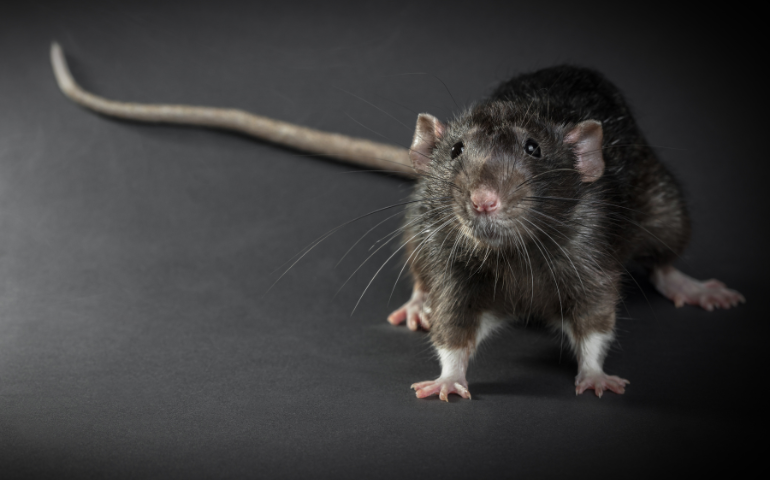
Sleek and agile, roof rats are skilled climbers that inhabit attics, roofs, and upper parts of buildings. They are typically black or brown and prefer warm, coastal areas.
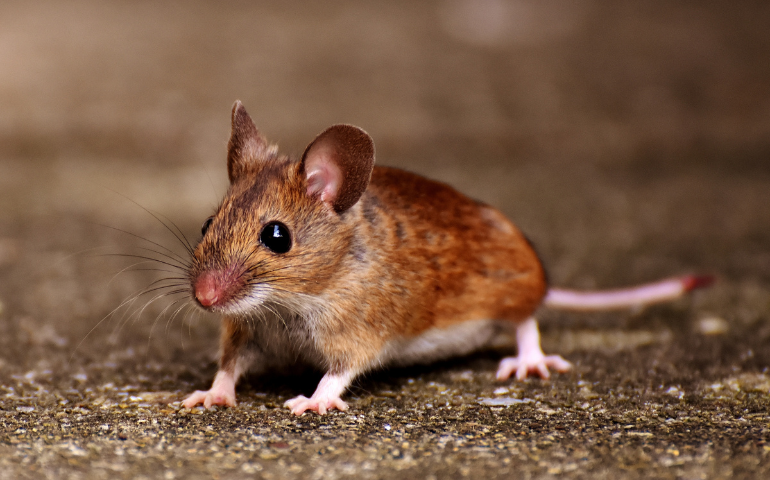
Recognizable by its white belly and bi-colored tail, the deer mouse prefers outdoor environments but can invade homes seeking warmth. It’s a known carrier of hantavirus, making its presence in homes a health concern.
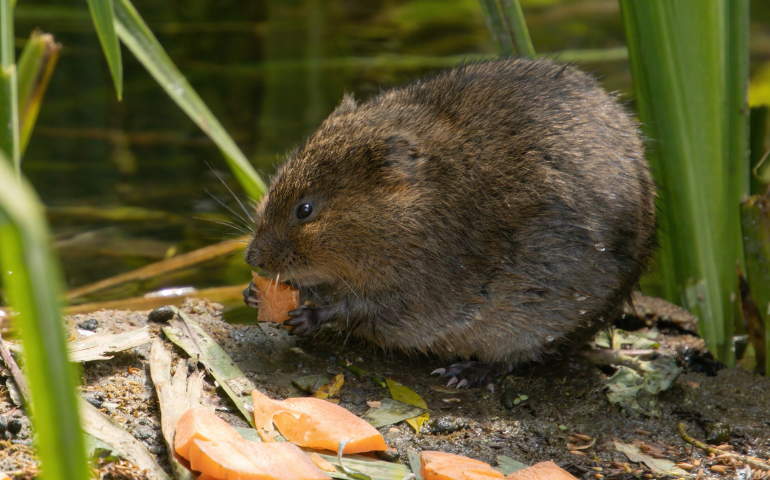
Voles are small, stocky rodents with short tails and round bodies. They thrive in grassy areas and can cause damage to gardens and landscapes by feeding on roots and bulbs.
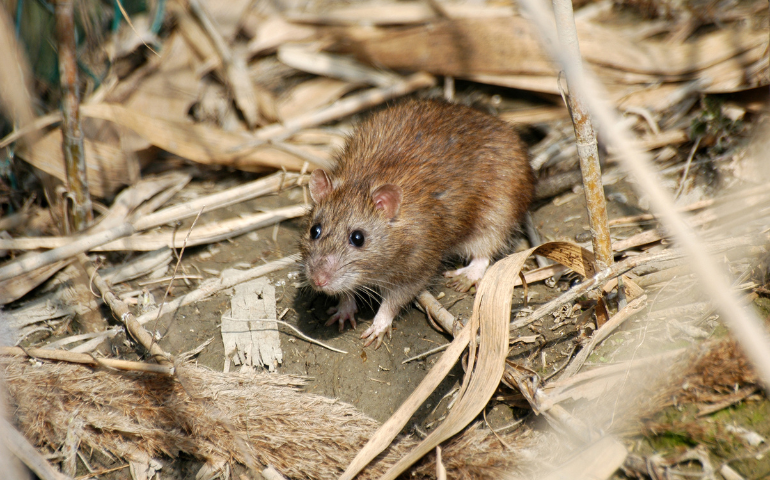
Also known as the brown rat, this species is larger and bulkier than most other rats. Preferring lower floors and basements, Norway rats can cause significant damage by gnawing through materials and contaminating food.

Understanding Rodents
Knowing more about rodent behavior will help you predict their actions and make it easier to control them. These are just a few facts that will help you get started.
Lifespan:
Rats and mice typically live for about 6 to 12 months in their natural habitat. However, in a home or other building that provides shelter, they can live up to a year. Understanding their lifespan helps in devising long-term control strategies.
Reproductive Potential:
Rodents have a high reproductive potential, making swift and effective control crucial. A sexually mature female house mouse, for example, can have 6-10 litters with 5-6 young in each litter over her lifetime. Remarkably, she can give birth to her first litter at just 2 months of age. Recognizing their reproductive capabilities is key to preventing exponential population growth.
Food Sources:
Rats and mice are opportunistic feeders and can consume a wide range of foods. This includes fruits, vegetables, grains, meat, and other readily available items. Securing and managing food sources is vital for preventing and controlling infestations. Store food in sealed containers and address any spills or crumbs promptly.
Understanding these aspects of rodent behavior is the first step in effective control. Implementing preventive measures and seeking professional assistance, if needed, will help ensure a rodent-free environment in your home or building. If you have concerns or require expert guidance, consider reaching out to Alta Pest Control for comprehensive and tailored solutions. Your satisfaction and peace of mind are our top priorities.
How To Get Rid Of And Manage A Rodent Infestation
To keep your home rodent-free, you should start implementing prevention methods as soon as possible. Small populations of rodents can quickly multiply and become full-blown infestations within a short time.
Food Storage:
Rodents should be kept away from food sources. Infestations are common in small crumbs, garbage, and dry goods like grains and cereals. To prevent contamination, these should be stored in sealed glass or metal containers. Also, fruits and vegetables must be properly stored.
Cardboard:
Rodents love cardboard objects and will eat them up to make nests. Opt for alternative storage materials, such as plastic containers, to reduce potential nesting sites.
Seal Openings:
Rodents are able to squeeze through small spaces due to their flexible body structure. To prevent rodents from entering and returning to these spaces, they should be sealed. Inspect your home for any gaps, cracks, or openings, and use materials like steel wool or caulk to seal them off. Focus on areas around pipes, vents, windows, and doors.
Proactive Pest Control:
Implementing proactive pest control measures is crucial for managing rodent infestations. Consider placing traps or bait stations in strategic locations, especially along known rodent pathways or near potential entry points. Regularly inspect and reset traps as needed.
Professional Assistance:
For a comprehensive and effective solution, seek professional assistance. Alta Pest Control specializes in rodent control, offering expert services to identify the root causes of infestations and implement targeted strategies for eradication. Our experienced team can provide customized solutions based on the specific needs of your home, ensuring a pest-free environment.
Don’t let rodents compromise the safety and hygiene of your living space. Take proactive steps, and if needed, reach out to Alta Pest Control for professional guidance and assistance. Your peace of mind is our priority.
Can I Get Rid Of Rodents Myself?
The Alta Pest Control specialists are qualified to treat current infestations and prevent future ones. Your pest problem will be dealt with using a specialized approach to rodent control. We can help protect your home by scheduling a home inspection.
DIY Solutions For Rodent Control:
Homeowners might try homemade solutions to rodent problems. You can try mothballs, essential oils, and other repellents. These homemade remedies are not effective in addressing rodent infestations.
Anyone experiencing rodent infestations should contact Alta Pest Control immediately to schedule a consultation.
